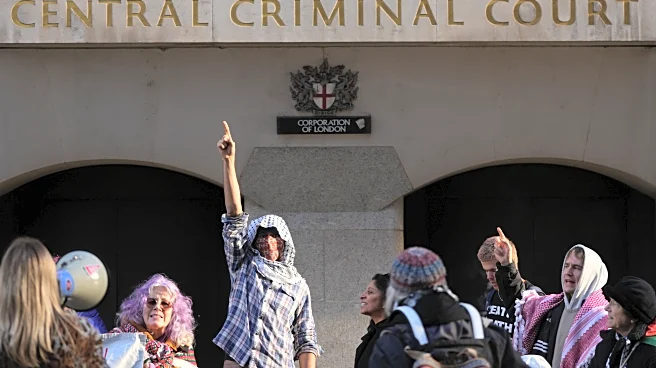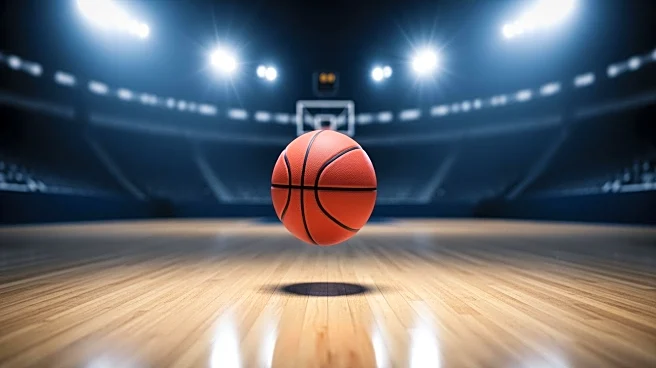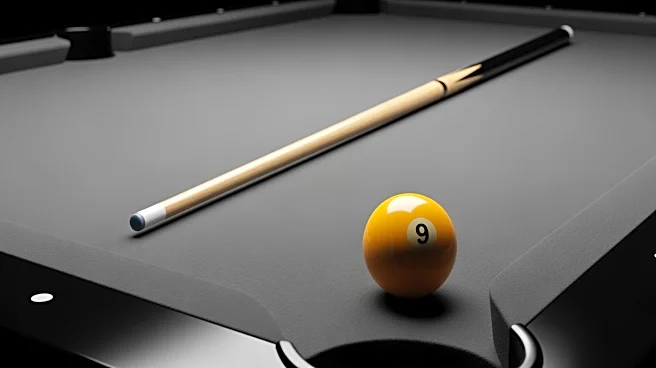Rapid Read • 8 min read
The NCAA has issued penalties to the University of Michigan following a sign-stealing controversy involving Connor Stalions. Despite the severity of the violations and Michigan's status as a repeat offender, the NCAA decided against imposing a postseason ban. Instead, the university received a financial penalty and probation. The NCAA report acknowledged that a postseason ban would unfairly impact student-athletes who were not involved in the violations. This decision reflects the NCAA's evolving approach to enforcement, as the organization grapples with the changing landscape of college sports, including the influence of Name, Image, and Likeness (NIL) agreements.
AD
The NCAA's decision not to impose a postseason ban on Michigan highlights the challenges the organization faces in regulating college sports amid significant changes. The ruling underscores the NCAA's diminished authority as financial penalties replace more severe sanctions like postseason bans. This shift is significant as it reflects the growing influence of NIL agreements and the financial resources available to major college programs. The decision may set a precedent for how future violations are handled, potentially reducing the deterrent effect of NCAA penalties. Stakeholders such as student-athletes, universities, and coaches are directly impacted, with financial penalties affecting university budgets and potential legal challenges from affected parties.
Michigan will continue to participate in postseason competitions, maintaining its ranking in the AP poll. The university may seek additional financial support from alumni to offset the penalties. The NCAA's approach to enforcement may continue to evolve, with potential implications for other universities facing similar violations. Legal challenges could arise if the NCAA attempts to alter Michigan's records or future schedules. The broader college sports community will be watching closely to see how this case influences future NCAA enforcement actions and the balance between maintaining competitive integrity and protecting student-athletes.
The Michigan case highlights the ethical and legal complexities of NCAA enforcement in the current era. The decision not to impose a postseason ban raises questions about fairness and accountability, particularly for student-athletes uninvolved in violations. The case also illustrates the potential for legal battles as universities and coaches navigate the consequences of NCAA penalties. The evolving landscape of college sports, driven by NIL agreements and increased financial stakes, may lead to further scrutiny of the NCAA's role and effectiveness as a regulatory body.
AD
More Stories You Might Enjoy











